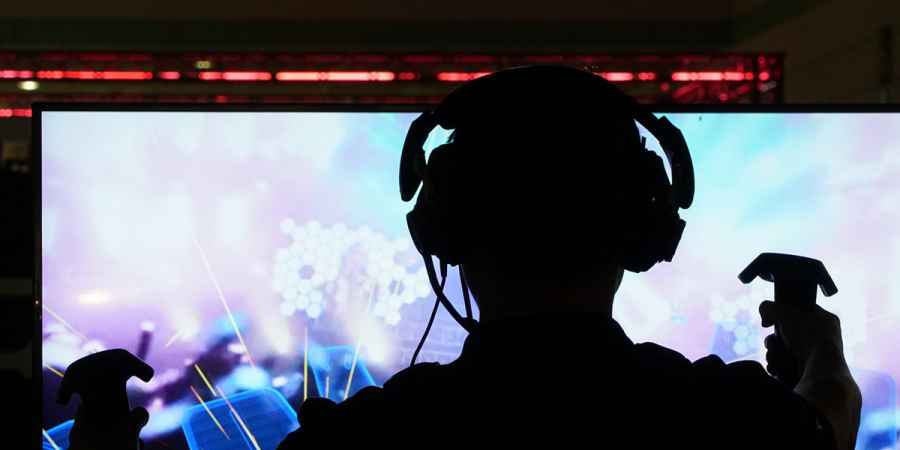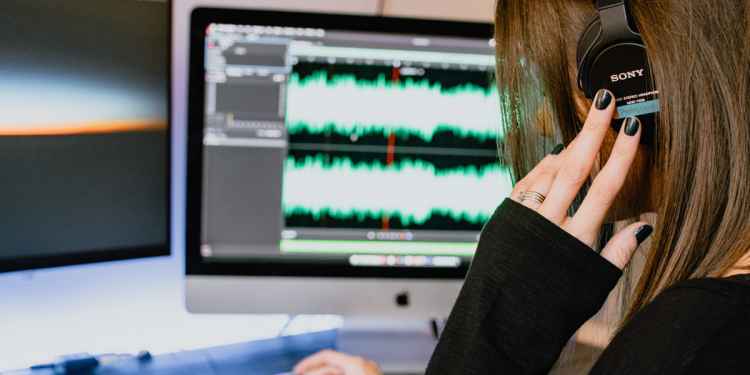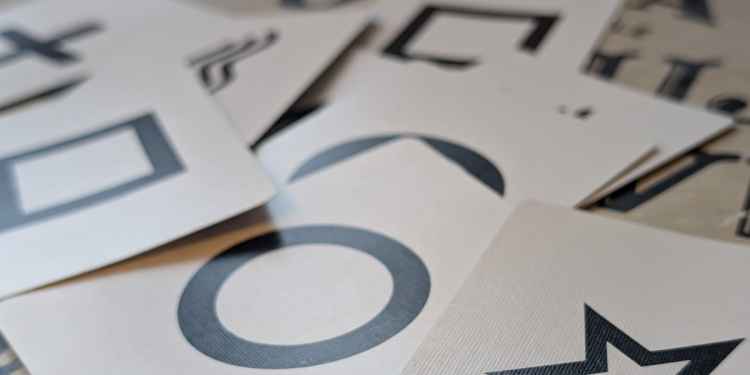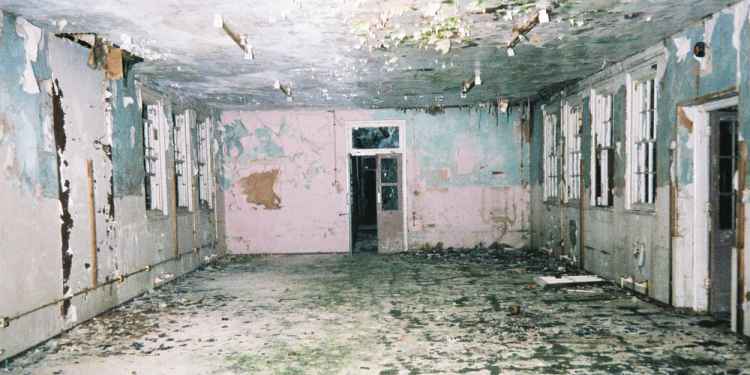Living In A Simulated Universe Could Explain Why Quantum Mechanics Is So Weird

Photo: dpung

Photo: dpung
The idea that we might be living in a highly sophisticated simulation is a topic that has fascinated philosophers, scientists, and thinkers for decades. This concept, known as the simulation hypothesis, is relevant to paranormal experiences as well. In a simulated reality, anything could be possible, and what we perceive as paranormal phenomena might actually be the result of glitches or inconsistencies within the system. Paranormal experiences, such as ghost sightings, time slips, or other anomalies, could be caused by inconsistencies or errors within the simulation.
The simulation hypothesis was famously encapsulated by philosopher Nick Bostrom, who proposed that one of the following statements must be true: either we will destroy ourselves before we have the capability to create such a simulation, we will choose not to create a simulation even when we can, or we are already living in a simulation. This idea has been supported by notable figures such as Elon Musk, who suggested that the odds we are living in a non-simulated universe are "one in billions," and Neil deGrasse Tyson, who estimated a 50/50 chance that our reality is a simulation.
One of the major objections to the simulation hypothesis is the sheer complexity involved in simulating a universe as detailed as ours. It's argued that to create a simulation that accurately reflects all the physical laws, particles, interactions, and consciousnesses in our universe would require an astronomical amount of computational power, probably more than what is available in the entire universe. Every atom, particle, and interaction would need to be precisely calculated in real-time, a task so enormous that it seems almost impossible to achieve.
However, some supporters of the simulation theory argue that a simulated universe might not need to simulate everything in full detail all the time. Instead, it could operate on a principle of computational efficiency, where details are only rendered when necessary, like when an observer is interacting with or observing a particular part of the simulation. This concept is similar to how computer graphics work in games, where only the areas within the player's view are rendered in high detail, while the rest of the game world is kept in a lower state of detail or not rendered at all until needed.
This idea of selective rendering could provide a speculative explanation for some of the weirdest aspects of quantum mechanics, particularly wave-particle duality and the Heisenberg uncertainty principle.
In quantum mechanics, wave-particle duality refers to the phenomenon where particles such as photons or electrons exhibit both wave-like and particle-like properties, depending on the experimental conditions. The double-slit experiment is a classic demonstration of this. When not observed, particles pass through two slits and create an interference pattern on a screen, acting like waves. However, when an observation is made to determine which slit the particle goes through, the interference pattern disappears, and the particles behave like discrete particles.
If we are in a simulated reality, this behaviour could be due to the simulation not computing the exact position or state of every particle until an observer interacts with it. Instead, it might simulate an average or probabilistic wave function until the moment an observation is made, at which point the simulation "renders" the particle's specific state. This would explain why we see the wave pattern in the double-slit experiment when no observation is made—because the simulation hasn't been required to render the specific details. Once an observation occurs, the wave function "collapses," similar to how a video game might load more detailed graphics when a player approaches an object.
The Heisenberg uncertainty principle states that certain pairs of physical properties, like position and momentum, cannot both be precisely measured at the same time. The more accurately we know one property, the less accurately we can know the other. This principle could also be interpreted as a feature of a simulated reality. If the simulation doesn't store or calculate the exact position and momentum of a particle simultaneously until it's needed, this could create the appearance of uncertainty. The particle's properties might exist in a probabilistic "fuzziness" until the simulation is forced to render them in response to an observation.
In quantum mechanics, the observer effect refers to the phenomenon where the act of observation affects the state of a quantum system. In a simulated reality, the observer might be the trigger that forces the simulation to render more detailed information. This raises the question of who the observer is. Are we, the conscious beings within the simulation, the observers? Or is there an external observer, someone outside the simulation, who can view the simulation in its entirety without the need for any rendering of detail?
One of the biggest areas of debate in relation to the simulation hypothesis is whether there is a way to tell if we are in a simulation or not. If the simulation operates on an efficiency model, it might be that there is a "lag" or delay when the simulation increases its resolution or detail. This would be similar to the processing time required in games when loading new assets. If such a lag were detectable, it could be seen as evidence for the simulation hypothesis. However, this lag would likely be incredibly small, possibly occurring on timescales far smaller than what we can currently measure.
If our reality is indeed a simulation, then what we perceive as supernatural phenomena might be explained as glitches or errors in the simulation's code. Just as software bugs can cause unexpected behaviour in a computer program, glitches in the simulation could cause anomalies that defy our conventional understanding of reality.
For example, reports of apparitions, time distortions, or even UFOs could be instances where the simulation's rendering fails or becomes inconsistent, creating visual or temporal anomalies that we interpret as paranormal. These experiences could be similar to graphical glitches in games, where the rendering of certain elements fails, leading to strange or impossible visuals. In this sense, paranormal experiences might not be evidence of an afterlife or otherworldly dimensions, but rather of the underlying artificial nature of our reality.
A further thought, if we were to discover that we are living in a simulation, there could be significant implications for the simulation itself. One possibility is that the simulation might be shut down if its purpose is compromised. If an advanced civilisation is running a simulation, then they are running it for a reason. Whatever this reason is, it might rely on the simulated beings believing their reality is genuine. Therefore, discovering the truth might render the experiment invalid.
Alternatively, the simulation might have been designed to see how long it takes for the beings within it to realise they are in a simulation. In this case, discovering the truth could be the ultimate goal, marking the end of the experiment or prompting a new phase in the simulation. The end of the simulation could also be triggered by significant advancements or milestones, such as achieving world peace or developing clean energy sources.
If we ever reach the point of realising we are in a simulation, will it mark the beginning of our true understanding... or the end of everything we know?
Learn With Higgypop
Hosted by Paralearning in association with Higgypop, these courses on ghost hunting, paranormal investigations, and occult practices draw on the experience of our team of paranormal writers.

Diploma In Capturing & Analyzing Electronic Voice Phenomenon
This course gives you practical and useful knowledge of ghost hunting and paranormal research, which is invaluable when conducting your own paranormal investigations or as part of a group event.
View Course
Diploma In Parapsychology & Psychic Phenomena
This course gives you practical and useful knowledge of ghost hunting and paranormal research, which is invaluable when conducting your own paranormal investigations or as part of a group event.
View CourseMore Like This

Haunted BritainDecember 25, 2024
2024's Most Popular Paranormal Hotspots In The UK

GamesNovember 28, 2024
Can You Match These Famous Ghosts To Their Haunting Grounds?

HalloweenOctober 30, 2024
Richard Felix Shares A Collection Of Modern Ghost Stories For Halloween

ParanormalOctober 20, 2024
My First Ever Ghost Hunt: 20 Years Ago This Halloween Night
 See More on Audible
See More on Audible
Comments
Want To Join The Conversation?
Sign in or create an account to leave a comment.
Sign In
Create Account
Account Settings
Be the first to comment.